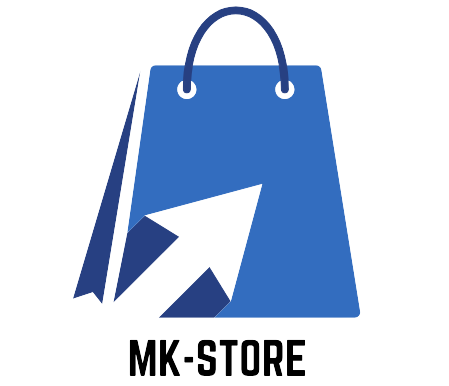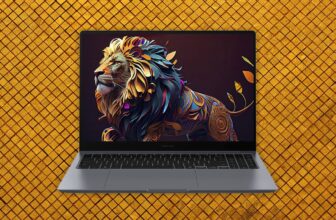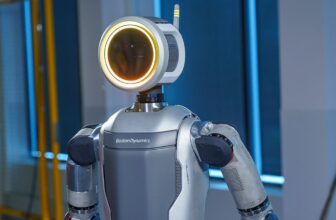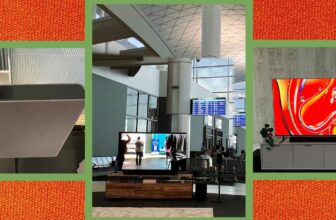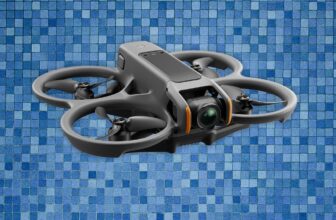
Michael Calore: Lauren, are you able to think about doing all your job with out some kind of cloud-based software program?
Lauren Goode: Sure, I might. I’d go dwell in a cottage in a fairy forest and use my quill and ink to only write tortured issues on paper that nobody will ever learn.
Michael Calore: Proper, nicely, I imply, you could not do that job with out—
Lauren Goode: No, I couldn’t do that job working for WIRED Journal with out accessing the cloud, yeah, and I am unable to think about going again to even buying and selling floppies, or no matter we have been doing again then.
Michael Calore: Sure, that and FTP, that’s what we have been doing.
Lauren Goode: Oh my gosh, and peer-to-peer.
Michael Calore: Peer-to-peer.
Lauren Goode: We might share music on Napster, Mike.
Michael Calore: All proper, nicely, what if I advised you that there are apps accessible proper now that allow a number of folks all edit a doc on the similar time. and that they are doing this with out the cloud?
Lauren Goode: With out the cloud?
Michael Calore: With out the cloud.
Lauren Goode: Say extra.
Michael Calore: Nicely, computer systems are magic, I do not know when you’ve heard, however we will be taught all about it at this time.
Lauren Goode: I am unable to wait.
[Gadget Lab intro theme music plays]
Michael Calore: Hello everybody, welcome to Gadget Lab. I’m Michael Calore, I am a senior editor at WIRED.
Lauren Goode: And I am Lauren Goode, I am a senior author at WIRED.
Michael Calore: We’re additionally joined at this time by WIRED employees author Greg Barber.
Greg Barber: Hello, good to be right here.
Michael Calore: Hello, Greg.
Lauren Goode: Nice to have you ever on the present, Greg, and right here in studio.
Greg Barber: I do know, it is lovely. You guys have had some upgrades since I used to be final right here.
Lauren Goode: Yeah, because of Boone, our wonderful producer.
Michael Calore: Nicely, sure, welcome again. You are now not in a Zoom window, you are now really in a chair.
Greg Barber: Sure, sure, large improve.
Michael Calore: Right now we’re speaking about local-first computing. The time period might be new to you, however the ideas behind it’d make sense to you. Native-first computing describes a kind of software program that permits you to collaborate on recordsdata with folks on different computer systems. I am right here on the workplace and I am typing right into a doc; you are throughout city at a espresso store, and you’ve got the identical doc open in your laptop, and also you see all of my adjustments seem in your display screen in actual time. Sounds identical to Google Docs, proper?
Lauren Goode: Mm-hmm.
Michael Calore: And each different web-based collaboration software. The method of local-first computing is conceptually related, however the best way it really works behind the scenes is kind of totally different. Now Greg, you have got written a function for WIRED that’s showing on-line this week. Individuals can learn it on WIRED.com, and it is concerning the local-first computing motion. So all about this since you’ve been researching it and interviewing most of the folks behind it, so we’re hoping you can begin the present by explaining to us how local-first computing is totally different from cloud-based computing that individuals are acquainted with, like good outdated Google Docs and Slack, and issues like that.
